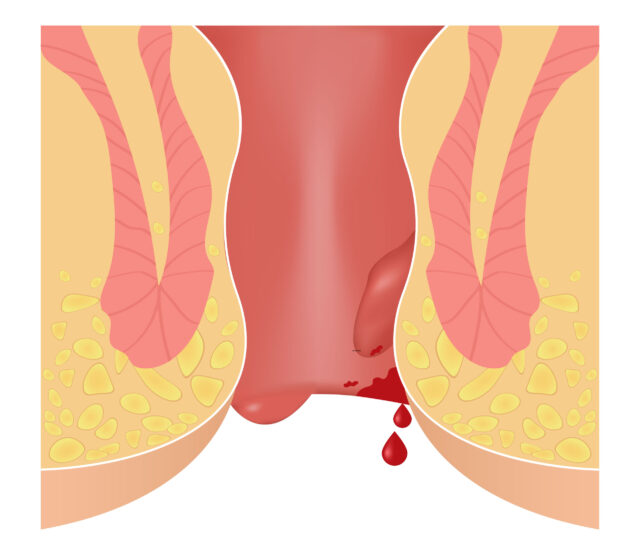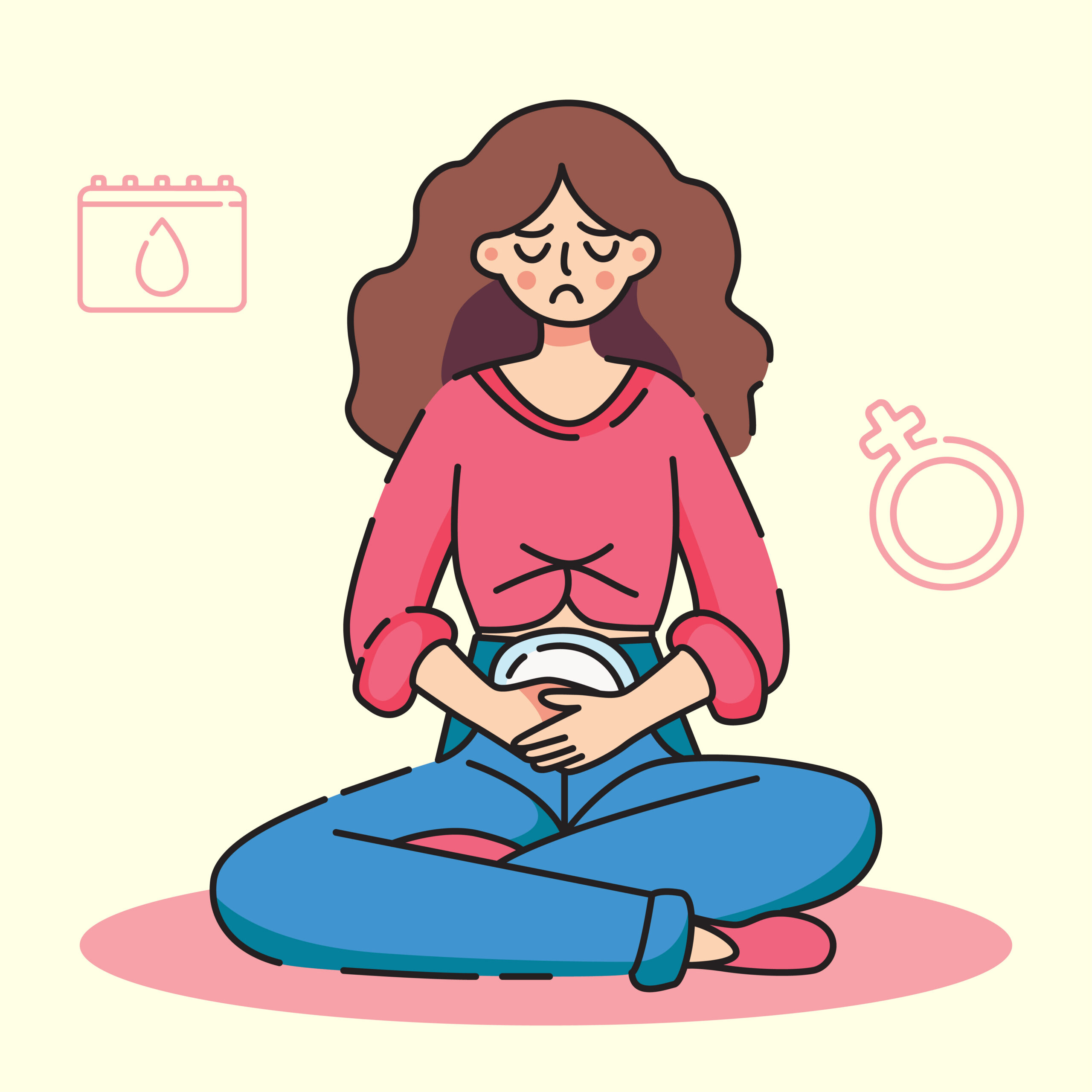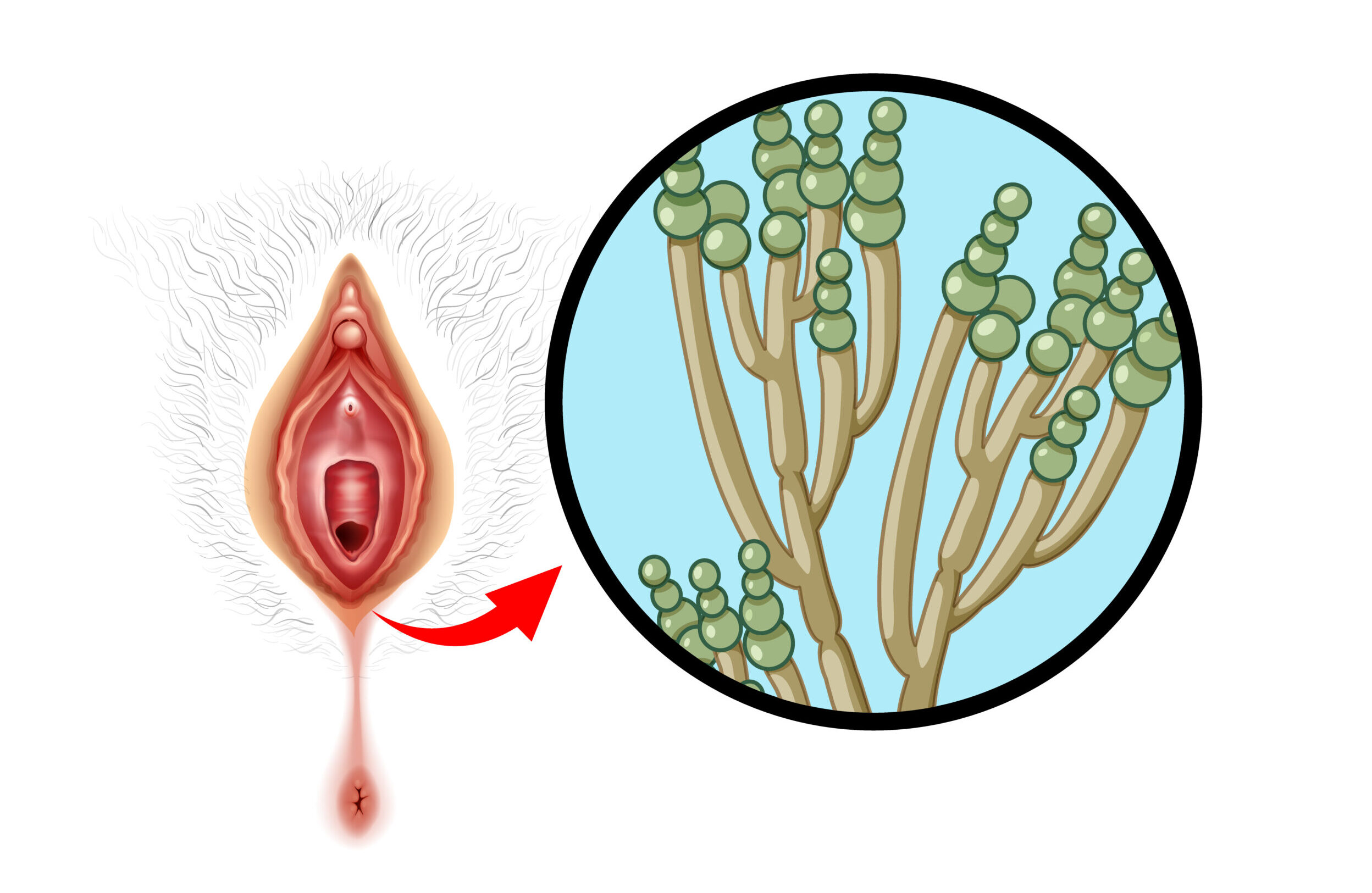Menstrual Irregularities Treatment in Indore to regain Your Regular Cycle
Make an Appointment
Online Schedule
Dr. Namrata Kachhara is a trusted expert in menstrual irregularities treatment in Indore, offering advanced solutions for women experiencing irregular periods or menstrual cycle issues. With over 35 years of experience in gynecology, Dr. Kachhara is dedicated to diagnosing and treating the underlying causes of menstrual irregularities, ensuring women receive the care and attention they need to restore their reproductive health and overall well-being.
Menstrual irregularities can significantly impact a woman’s quality of life, affecting fertility, health, and emotional well-being. Dr. Kachhara offers personalized treatment plans that address the root cause of irregular periods, helping patients regain hormonal balance and restore regular cycles.
What Are Menstrual Irregularities?
Menstrual irregularities refer to any deviations from a woman’s normal menstrual cycle, such as:
Irregular periods: Periods that occur at uneven intervals, typically shorter than 21 days or longer than 35 days.
Heavy periods: Excessive bleeding that requires frequent changing of sanitary products or causes fatigue and anemia.
Missed periods: Periods that are absent for several months.
Painful periods: Severe cramps or discomfort during menstruation that interferes with daily activities.
Spotting between periods: Light bleeding that occurs outside the normal menstrual cycle.
While menstrual irregularities are common, they can sometimes signal an underlying health issue. Dr. Kachhara’s expertise helps identify and treat these conditions effectively, ensuring the best possible outcomes.
Common Types of Urinary Incontinence
Stress Incontinence
This occurs when physical activity, such as coughing, sneezing, or exercising, puts pressure on the bladder, causing urine leakage. It is often caused by weakened pelvic floor muscles due to pregnancy, childbirth, or aging.
Urge Incontinence
Also known as overactive bladder, this type involves a sudden, intense urge to urinate followed by involuntary leakage. It can occur due to nerve or bladder muscle issues.
Mixed Incontinence
This is a combination of both stress and urge incontinence, with symptoms overlapping between the two types.
Overflow Incontinence
This occurs when the bladder doesn’t empty completely, leading to frequent or constant dribbling of urine. It is often associated with underlying medical conditions.
Symptoms of Vaginal Cancer
- 01. Abnormal Vaginal Bleeding
- 02. Unusual Discharge
- 03. Pelvic Pain
- 04. Pain During Intercourse
- 05. Lumps or Growths
Bleeding unrelated to menstruation, including after intercourse or post-menopause.

Watery or bloody vaginal discharge with an unusual odor.

Persistent or intermittent pain in the lower abdomen or pelvis.

Discomfort or pain during or after sexual activity.

A lump or mass in the vaginal area that may be felt or seen.

Why Choose Dr. Namrata Kachhara for Menstrual Irregularities Treatment in Indore?
- Over 35 Years of Experience
With decades of expertise in gynecology, Dr. Kachhara has successfully treated numerous women with menstrual irregularities, offering expert care for various underlying conditions.
- Comprehensive Care Approach
Dr. Kachhara takes a holistic approach to menstrual irregularities, addressing both the symptoms and underlying causes, ensuring long-term relief and improved health outcomes.
- Personalized Treatment Plans
Every patient receives a customized treatment plan based on their unique health needs, ensuring the most effective and appropriate care for their condition.
- Expertise in Hormonal Disorders
Dr. Kachhara is well-versed in managing hormonal imbalances that affect menstrual cycles, ensuring safe and effective treatment.
- Compassionate and Supportive Care
Dr. Kachhara’s compassionate approach ensures that patients feel heard, supported, and informed throughout their treatment journey.
Common Causes of Menstrual Irregularities
Hormonal Imbalances
Hormonal changes related to conditions like Polycystic Ovary Syndrome (PCOS), Thyroid Disorders, or Menopause can lead to irregular periods.
Weight Fluctuations
Sudden weight loss or weight gain can affect the menstrual cycle, especially in cases of eating disorders or obesity.
Uterine or Ovarian Disorders
Conditions like fibroids, endometriosis, or ovarian cysts can affect the regularity of the menstrual cycle.
Perimenopause
The transition phase leading up to menopause can cause irregular periods as hormonal levels fluctuate.
Stress
Physical or emotional stress can disrupt the hormonal balance, leading to missed or delayed periods.
Pregnancy
Missed periods may indicate pregnancy, particularly if there is a history of unprotected sexual activity.
Medications
Certain medications, including birth control pills, hormone therapy, or chemotherapy, can impact menstrual regularity.

Treatment for Menstrual Irregularities
Dr. Namrata Kachhara offers a range of treatments for menstrual irregularities, tailored to the individual’s condition and health goals. Some common treatment options include:
Hormonal Therapy
For women with hormonal imbalances, medications like birth control pills, progesterone, or hormone replacement therapy (HRT) can help regulate the menstrual cycle.
Lifestyle Modifications
Dietary changes, regular exercise, and stress management techniques can significantly improve menstrual health, especially in cases related to PCOS or weight fluctuations.
Surgery
In some cases, surgical intervention may be necessary, such as laparoscopy for endometriosis, myomectomy for fibroids, or polycystic ovary surgery to improve fertility and menstrual function.
Intrauterine Device (IUD) or Contraceptives
For women with heavy periods or irregular cycles, IUDs or hormonal contraceptives can help regulate bleeding and provide long-term management.
Medications for Pain Management
Non-steroidal anti-inflammatory drugs (NSAIDs) or prescription pain relievers can help reduce menstrual pain and discomfort, especially for women with dysmenorrhea (painful periods).
Treatment for Underlying Conditions
If a condition like PCOS, fibroids, or endometriosis is causing menstrual irregularities, Dr. Kachhara may recommend medical or surgical treatments to address the root cause.
Take Control of Your Menstrual Health Today
Menstrual irregularities don’t have to affect your quality of life. Dr. Namrata Kachhara’s expertise in menstrual irregularities treatment in Indore ensures that you receive personalized care and effective treatment. Whether you’re dealing with irregular periods, heavy bleeding, or painful cycles, Dr. Kachhara offers solutions that address the root cause and restore your health.
Book your consultation today and take the first step toward a healthier, more balanced menstrual cycle.
FAQs About Menstrual Irregularities Treatment
Common causes of irregular periods include hormonal imbalances, stress, weight changes, medications, and underlying conditions like PCOS or fibroids.
Maintaining a healthy weight, managing stress, exercising regularly, and consuming a balanced diet can all help regulate your menstrual cycle.
Yes, hormonal birth control can help regulate menstrual cycles, manage heavy bleeding, and reduce menstrual pain.
Yes, stress can affect hormone levels, disrupting the menstrual cycle and potentially causing missed or delayed periods.
If you experience missed periods, excessive bleeding, painful periods, or other significant changes in your cycle, it’s important to seek medical advice from Dr. Kachhara.
